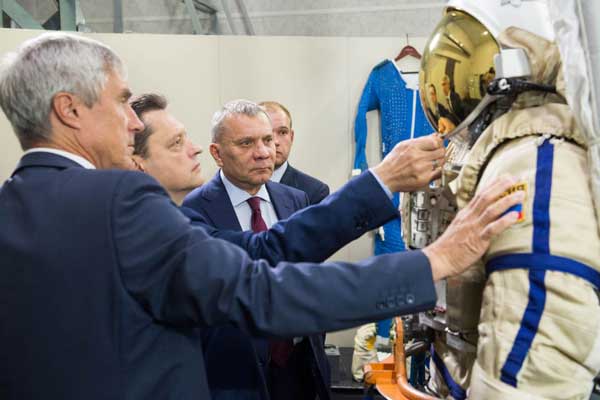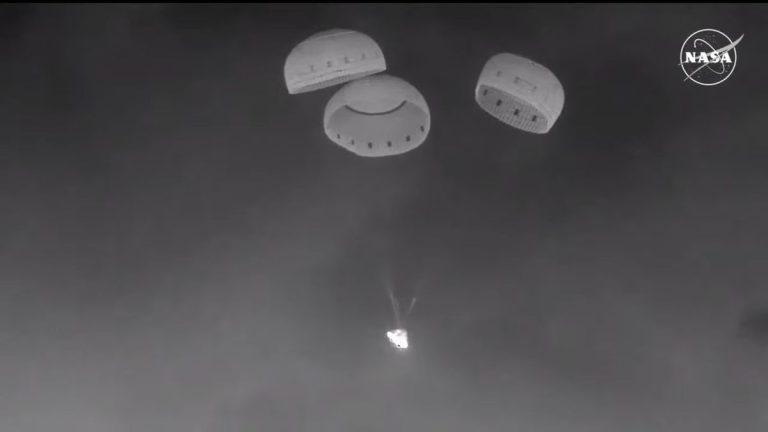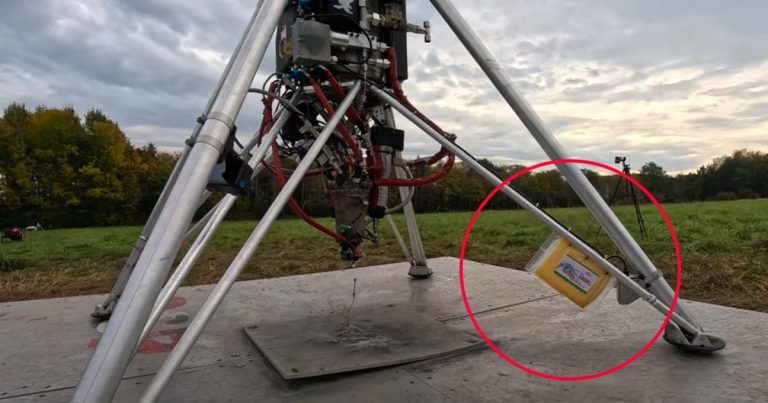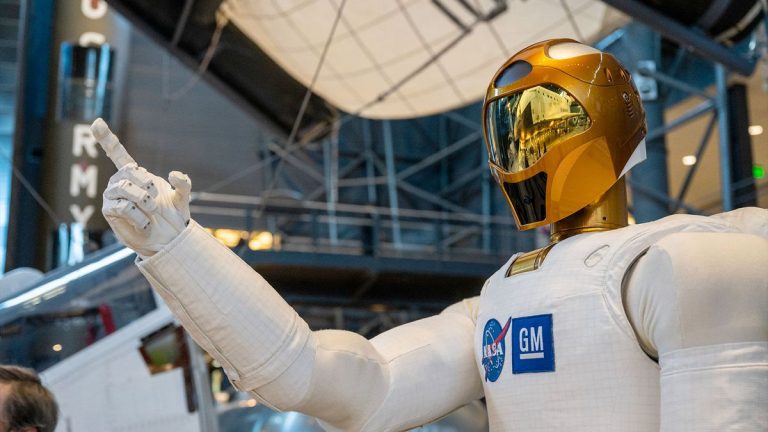
Roscosmos Director General Yuri Borisov Discussed Prospects for Creation of the Russian Orbital Station with Cosmonauts (Image Credit: Payload)

Rendered into English by Google Translate
MOSCOW (Roscosmos PR) — Roscosmos Director General Yuri Borisov, during a visit to the Cosmonaut Training Center, discussed with the cosmonaut corps the future of Russia’s manned program, including the creation of the Russian Orbital Station.
“Some of you will open the way to the Russian Orbital Station,” said Borisov, addressing the cosmonauts.
According to him, the creation of a national station opens up opportunities for scientists to conduct new research. For example, if a polar orbit is chosen, the station will be located in an area with increased radiation, which will allow collecting statistical data on a person’s stay in such conditions, developing means of protection against radiation, which will be useful for deep space flights in the future.
Borisov also said that the station could be eternal due to replaceable modules, and a new generation of spacecraft would serve it. In addition, the head of the state corporation is convinced that despite the national principle of creating a station, friendly countries can be involved in the project.
“I think that the station should be open to friendly countries, for international research,” Borisov said.

Work on the creation of a national station and transport space infrastructure will be included in the concept for the development of manned astronautics.
Oleg Kononenko, the commander of the Roscosmos cosmonaut corps, during a conversation with the head of the State Corporation, asked to prevent interruptions in the manned program of Russia during the transition from the ISS to the ROS, citing NASA data on the degradation of the American astronaut corps during the transition from the Skylab station to the Space Shuttle.
“This is confirmation that such things should not be allowed, the school of manned astronautics should not be lost,” Borisov said.
During his acquaintance with the cosmonauts, Borisov said that at one time, as a developer, he was directly involved in the creation of the onboard complex of the Russian segment of the ISS, which is still used at the station.
“So many years have passed, but it still works. Only sometimes we change boards,” Kononenko said.
In addition, Borisov told the cosmonauts about the challenges facing the rocket and space industry today — about plans to commercialize the services of the rocket and space industry with an emphasis, in terms of astronauts, on conducting scientific experiments, and building up Russia’s orbital grouping with the transition to conveyor production of satellites.
“Space services should be monetized, this is the main source of development of the industry,” Borisov said.
During a working trip to the Cosmonaut Training Center, the General Director of Roscosmos visited the Soyuz MS spacecraft simulator room, where at that moment one of the crews preparing for flight was training, visited the ISS Russian Segment simulator, examined the centrifuge designed to simulate overloads at different stages of space flight, as well as a simulator for preparing cosmonauts for work in outer space.
Then the delegation of Roscosmos got acquainted with the technical capabilities of the hydrolab, and the instructors of the Center demonstrated to the leadership of Roscosmos the tools that cosmonauts use to perform work in outer space.








